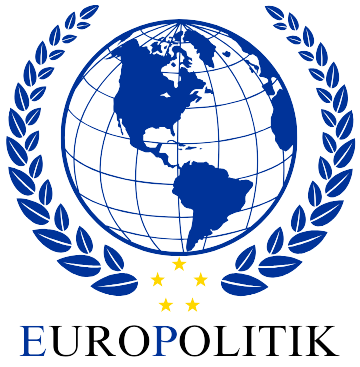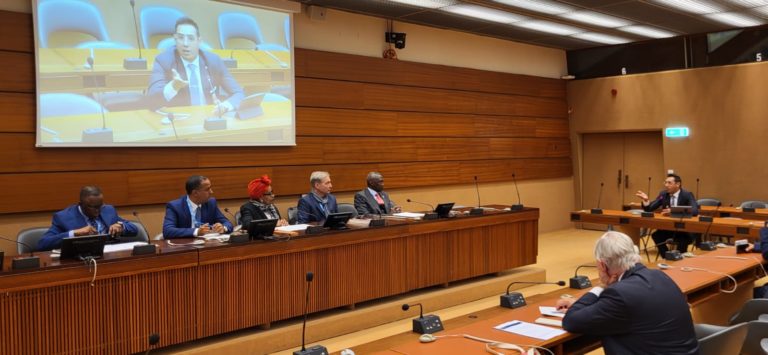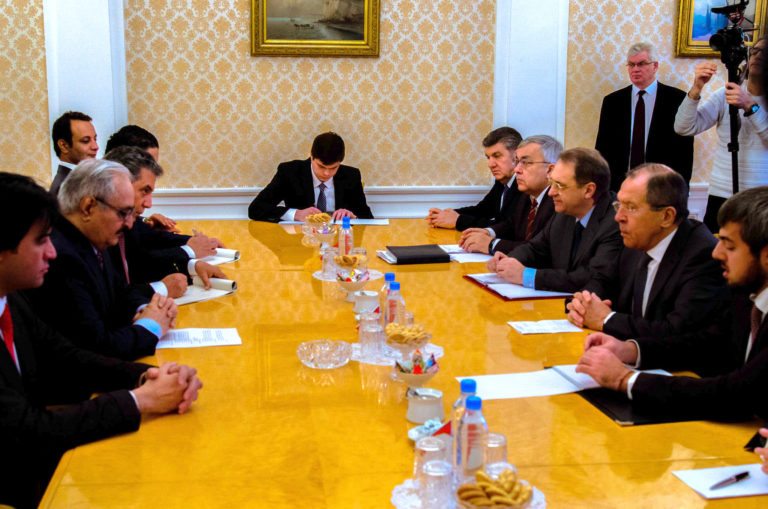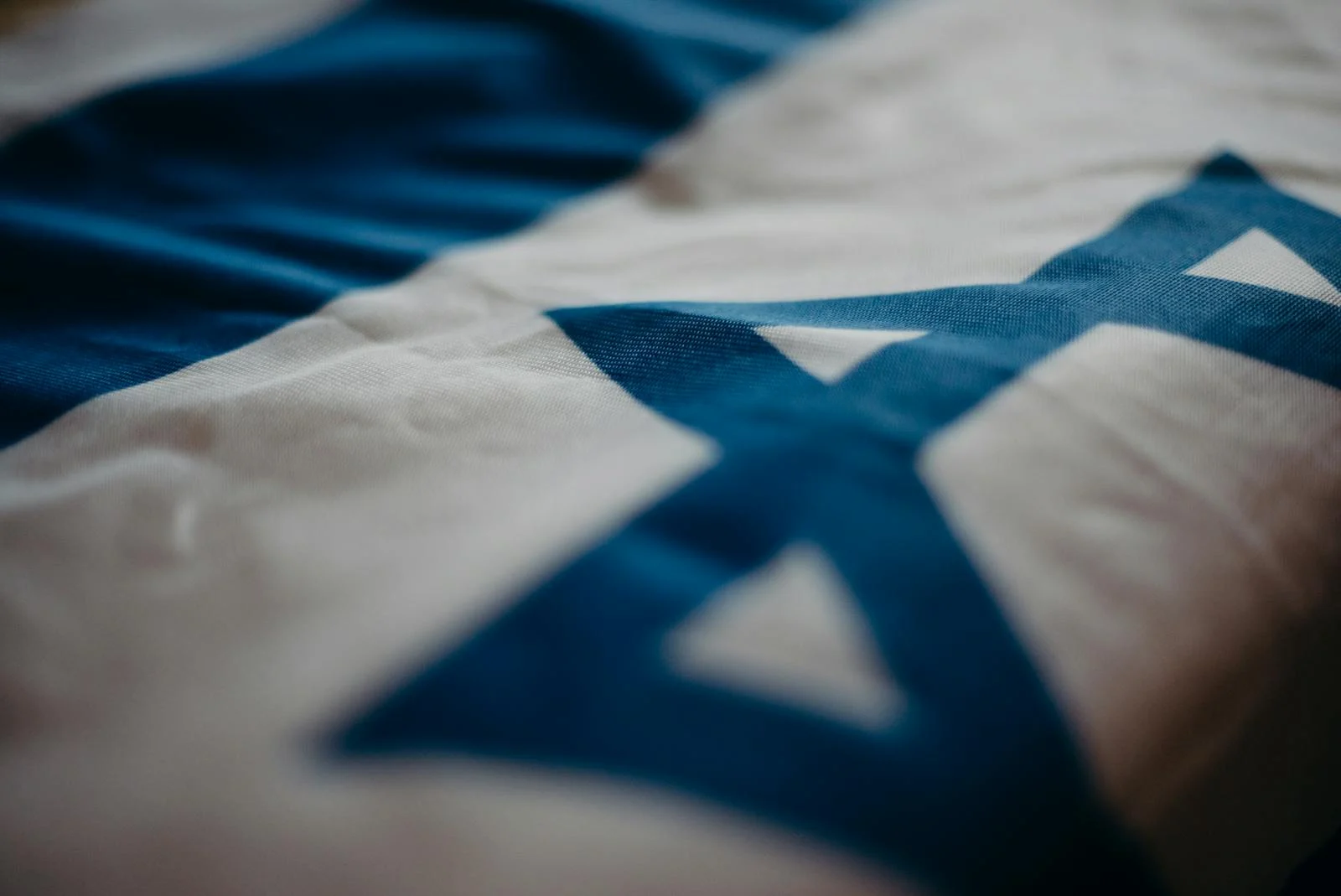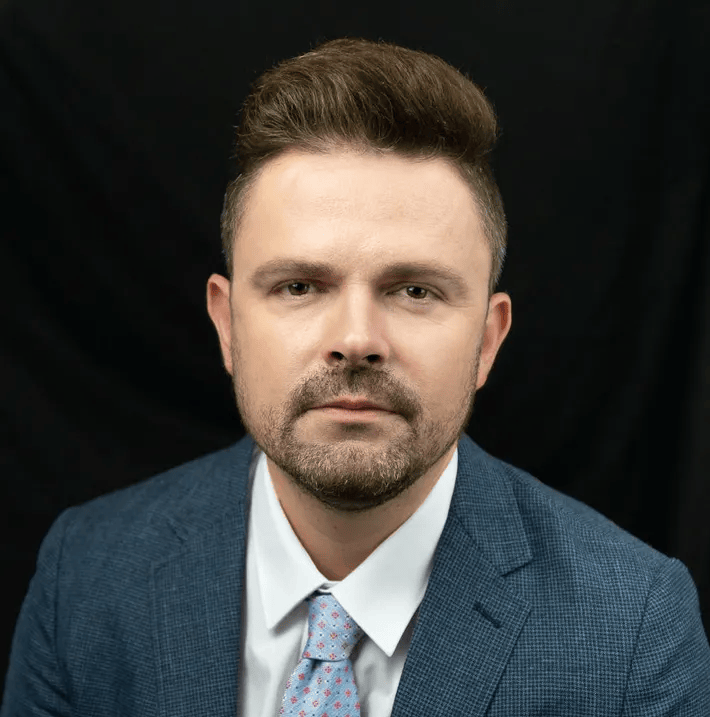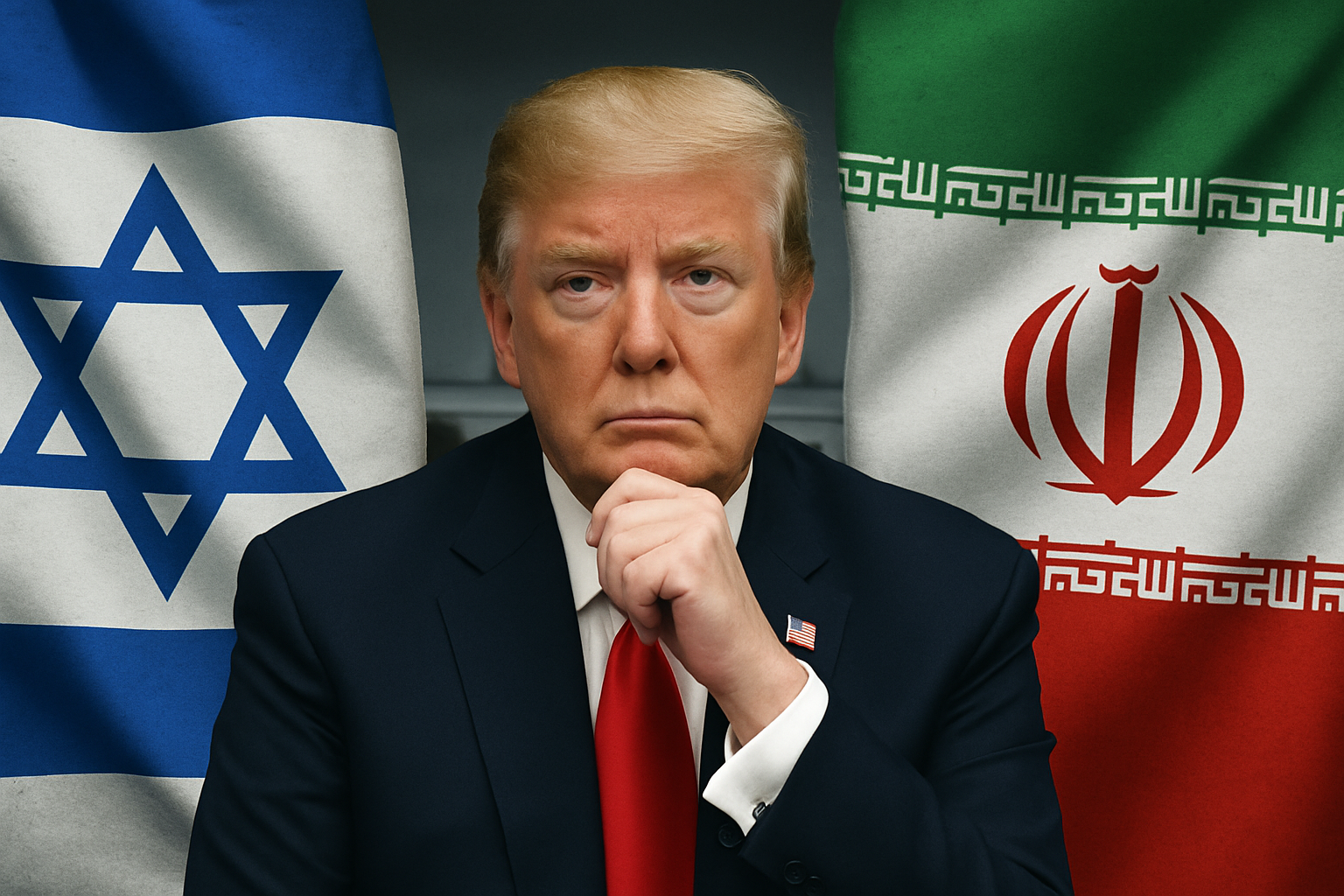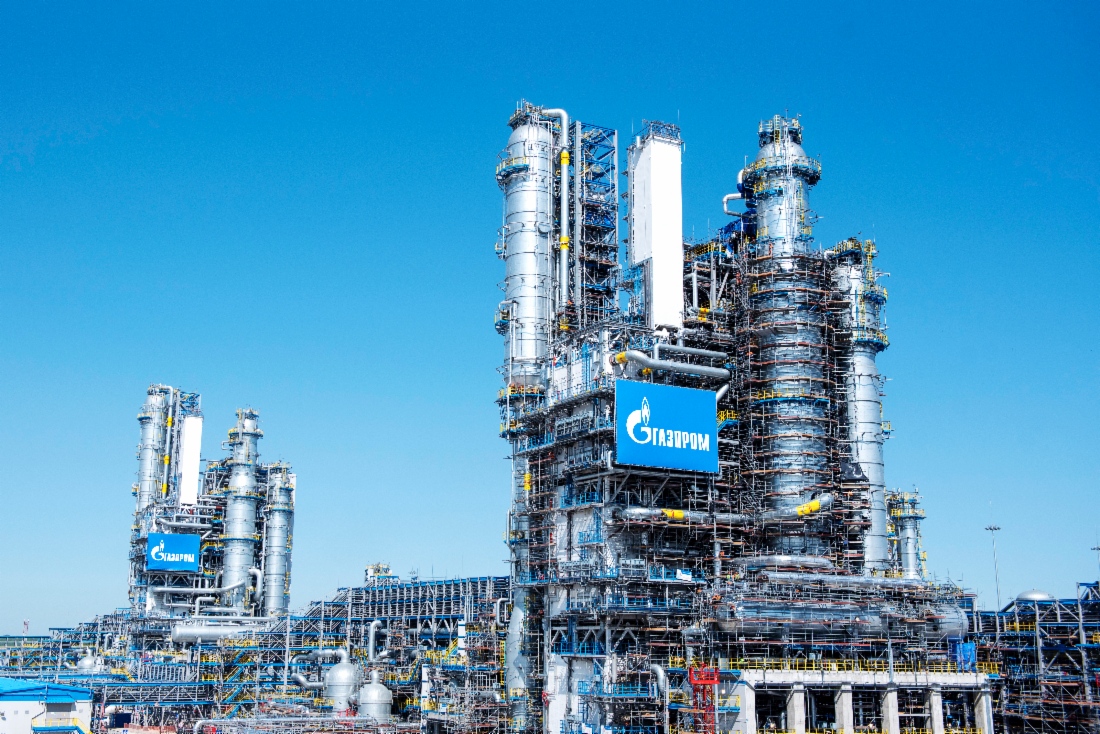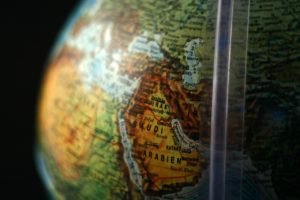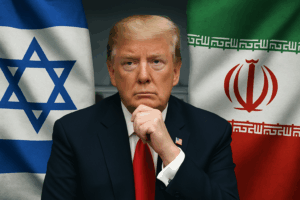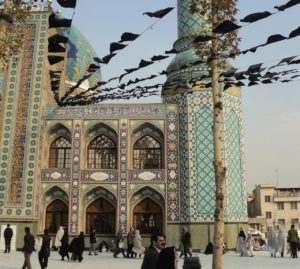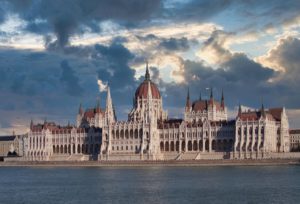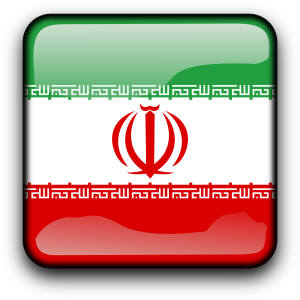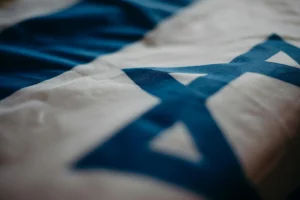Recently appointed as president of the NGO ASDH, Youcef Baadja discusses the major challenges of development in Africa and the role of civil society organizations. In response to criticism accusing him of using this platform to settle scores with Algeria, he firmly denies it, stating that his commitment is dedicated to the common good. A conversation on Africa’s development.
From your experience, what are the main obstacles slowing down development in Africa today?
Africa faces several structural challenges: poor governance, lack of infrastructure, economic dependence on raw materials, and inadequate education systems. Additionally, political and security tensions hinder the stability needed for investment and innovation. Yet, the continent is rich in human and natural resources that, if properly harnessed, could turn it into a true engine of growth.
In your opinion, which sectors should be prioritized to ensure sustainable and inclusive development on the continent?
Education and vocational training are key. It is urgent to train African youth to face the challenges of tomorrow. Next, there must be massive investment in basic infrastructure—energy, transportation, and digital technology—to foster the emergence of a competitive economy. Finally, industrialization and sustainable agriculture are essential to reduce dependence on imports and create added value locally.

What role can NGOs, like the one you lead, play in addressing underdevelopment and governance challenges in Africa?
NGOs serve as an essential counterbalance to promote transparency, civic education, and human rights. They also act as intermediaries between citizens and institutions to drive structural reforms. They do not replace the state, but they remind it of its obligations and can intervene where governments fail.
Do you think the development models applied in Africa so far are suited to local realities? If not, what alternatives do you propose?
Africa must break away from imitating foreign models that do not align with its realities. Development policies must take into account the continent’s cultural, social, and environmental specificities. Development should be endogenous, based on our own resources and expertise while remaining open to balanced international partnerships.
How do you see Africa’s place in the global economy in the coming decades?
Africa has enormous potential to become a central player in the global economy. With a young and dynamic population, abundant natural resources, and technological advancements, it can position itself as a hub of innovation and industrialization. However, this will depend on our ability to invest in education, political stability, and transparent governance.
Your appointment as head of the ASDH NGO has sparked mixed reactions. What are your main objectives as president?
My mission as ASDH’s president is clear: to strengthen the promotion of human rights and development in Africa. We aim to support concrete projects on the ground, advocate for better governance, and assist vulnerable populations. The NGO strives to be an independent and constructive force for progress.
Some claim that you might use your position to settle scores with Algeria. How do you respond to these accusations?
Such accusations are unfounded. My commitment to ASDH goes beyond personal or political considerations. The NGO works for the common good in Africa, without bias or hidden agendas. My goal is not to settle scores but to contribute to harmonious development and the respect of fundamental rights across the continent, including in Algeria.
How do you plan to strengthen ASDH’s credibility and impact on the ground?
By working on concrete projects, establishing strong partnerships with local and international organizations, and ensuring transparent management of our actions. Credibility is built through tangible results, not rhetoric.
Does your involvement in this NGO mark a turning point in your personal and professional journey?
Absolutely. This is an opportunity for me to put my experience at the service of a noble cause, beyond personal or national interests. I strongly believe in the importance of independent organizations that work for the common good.
What message would you like to share with Africans committed to development and human rights advocacy?
Do not give up. The fight for a better future is difficult but necessary. Africa needs engaged citizens, responsible leaders, and change-makers. Everyone has a role to play, in their own way, to build a fairer and more prosperous continent.
